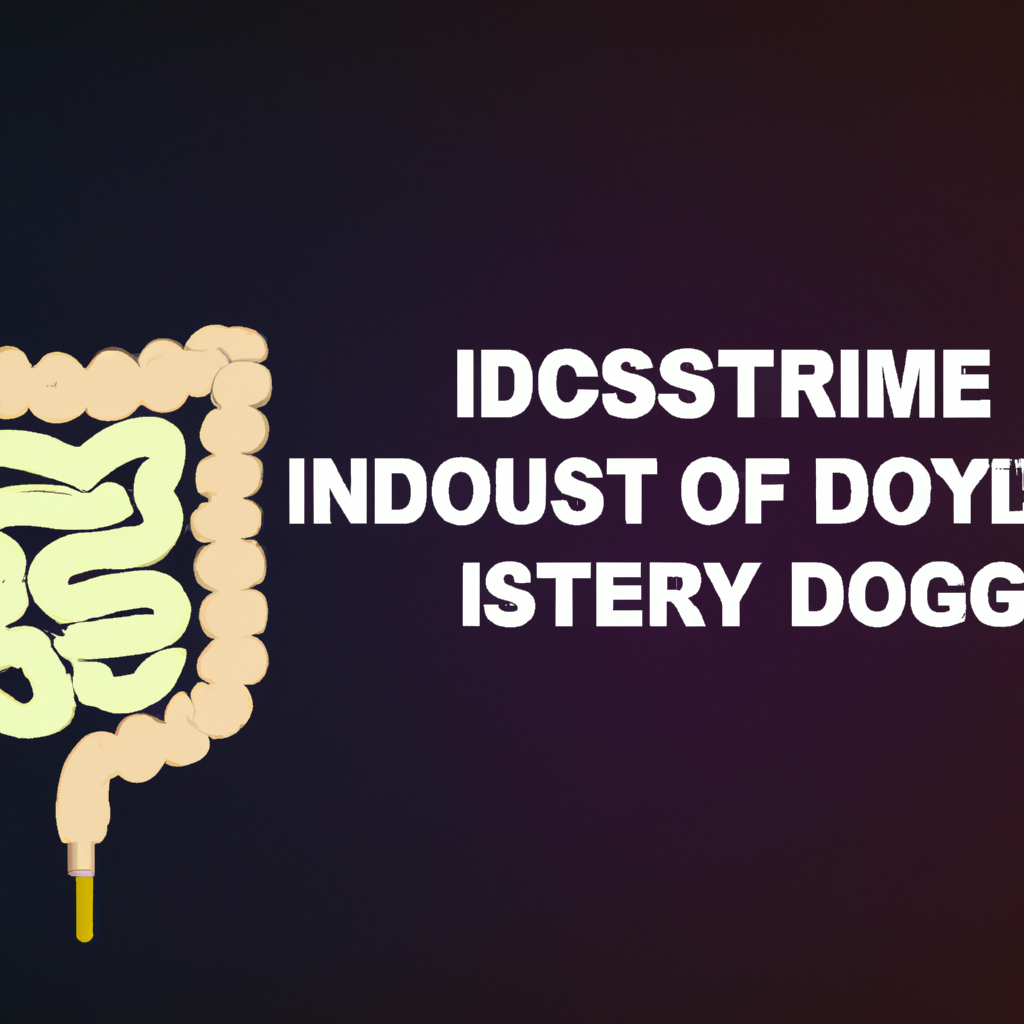The digestive system is a complex system consisting of various organs, glands, and processes that work together to break down food into nutrients that our bodies can use. The gastrointestinal tract, also known as the digestive tract or the gut, is the primary organ system involved in the digestive process. In this article, we will discuss the different parts of the digestive system, the digestive process, and the role of digestive enzymes in maintaining digestive health.
Parts of the Digestive System
The digestive system consists of several organs, including the mouth, esophagus, stomach, small intestine, large intestine, rectum, and anus. The mouth is the starting point of the digestive process, where food is chewed and broken down into smaller pieces. Salivary glands in the mouth produce saliva, which contains enzymes that begin the process of breaking down carbohydrates.
After the food is chewed and moistened with saliva, it moves down the esophagus, a muscular tube that connects the mouth to the stomach. The stomach is a muscular sac that mixes and grinds the food with digestive juices, including hydrochloric acid and enzymes that help break down proteins. From the stomach, the partially digested food moves into the small intestine.
The small intestine is the longest part of the digestive tract, where most of the nutrients are absorbed into the bloodstream. The small intestine is lined with finger-like projections called villi, which increase the surface area for absorption. From the small intestine, the undigested material moves into the large intestine, where water and electrolytes are absorbed, and the remaining waste material is formed into feces and stored in the rectum until it is eliminated through the anus.
The Digestive Process
The digestive process is a series of steps that begins with the ingestion of food and ends with the elimination of waste. The process is divided into two main phases: mechanical digestion and chemical digestion.
Mechanical digestion involves the physical breakdown of food into smaller particles. This process begins in the mouth, where food is chewed and mixed with saliva. The stomach also plays a significant role in mechanical digestion by mixing and grinding the food with digestive juices.
Chemical digestion involves the breakdown of large molecules into smaller molecules that can be absorbed by the body. This process is facilitated by digestive enzymes, which are produced by various organs, including the salivary glands, stomach, pancreas, and small intestine.
Digestive Enzymes
Digestive enzymes are proteins that break down large molecules into smaller molecules that can be absorbed by the body. There are several types of digestive enzymes, each with a specific function in the digestive process.
Amylase is an enzyme that breaks down carbohydrates into simple sugars. It is produced by the salivary glands and pancreas.
Proteases are enzymes that break down proteins into amino acids. They are produced by the stomach, pancreas, and small intestine.
Lipases are enzymes that break down fats into fatty acids and glycerol. They are produced by the pancreas and small intestine.
In addition to these enzymes, there are several other enzymes involved in the digestive process, including lactase, sucrase, and maltase, which break down specific types of sugars.
Digestive Health
Maintaining digestive health is essential for overall health and well-being. A healthy digestive system ensures that nutrients are properly absorbed, waste is eliminated, and harmful substances are kept out of the body.
To maintain digestive health, it is important to eat a balanced diet that includes plenty of fruits, vegetables, whole grains, and lean proteins. It is also important to stay hydrated by drinking plenty of water and limiting the consumption of alcohol and caffeine.
Regular exercise can also help maintain digestive health by improving digestion and reducing the risk of constipation. Lastly, it is important to avoid smoking and limit the consumption of processed foods, which can be hard to digest and may contain harmful additives.
Conclusion
The digestive system is a complex system consisting of various organs, glands, and processes that work together to break down food into nutrients that our bodies can use. The gastrointestinal tract is the primary organ system involved in the digestive process, and digestive enzymes play a significant role in maintaining digestive health. By eating a balanced diet, staying hydrated, exercising regularly, and avoiding harmful substances, we can maintain a healthy digestive system and improve our overall health and well-being.







